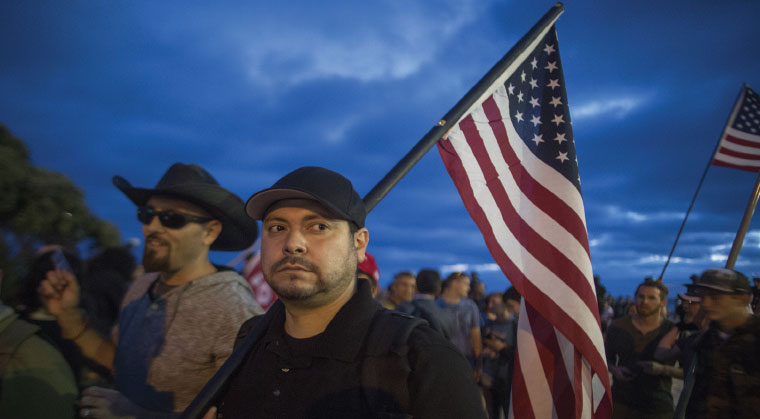IDF Denies Azaria Case a Morale Breaker


MISJUDGED? Although polls show that 67% of the Israeli public believes Azaria should be pardoned only President Reuven Rivlin has the power to pardon the soldier (Photo: Flash90)
A day after a military court sentenced Elor Azaria to 18 months in prison and demoted him to private for the shooting death of an Arab terrorist in Hebron last Purim IDF chief of staff Gadi Eisenkot found himself on the defensive in the Knesset. Lawmakers charged that pre-trial comments by top military officials prejudiced the case against Azaria and his arrest and conviction have shaken the fighting spirit of the IDF.
Eisenkot told the Knesset Foreign Affairs and Defense Committee that the military system acted “fairly” with the soldier and his family and rejected outside pressure to pardon Azaria or commute his sentence.
“There is an organized process and it needs to happen within the army and not in public or here in the Knesset” said Eisenkot who denied any interference with the legal proceedings and instead accused certain Knesset members of playing politics with the case.
Aside from Azaria’s fate the Knesset committee confronted Eisenkot with an internal report by the IDF’s Department of Behavioral Sciences showing that just 41 percent of combat soldiers think they will receive IDF support and backing if they make a mistake on the battlefield.
Eisenkot rejected this out of hand: “Since the Azaria incident there have been 200 incidents in which soldiers fired weapons and in each case the soldiers were not affected and acted appropriately”

>“There is an organized process and it needs to happen within the army and not in public or here in the Knesset” says IDF Chief of Staff Gadi Eisenkot
However Amos Harel military correspondent for Ha’aretz has written recently that the Azaria case is very much the conversation when high-ranking officers visit combat units. While the consensus among combat soldiers is that Azaria erred in killing a prone motionless terrorist they were appalled at the harsh condemnations that rained down on him by his superiors and that he was brought into court handcuffed for his first hearing.
Now that the Azaria ruling has come down soldiers are expecting a clear statement as to what the army expects of them in the field and how it will react in cases where they deviate from orders.
Still the IDF stands by the sentence in part because the conviction vindicates the IDF’s determination that Azaria’s act contravened IDF values. The sentence also serves to strengthen the IDF’s image as an ethical army. Despite the UN Human Rights Commission’s criticism of the sentence which it said was light the IDF’s conviction of one of its own will keep the International Criminal Court in The Hague from intervening.
Only President Reuven Rivlin has the power to pardon Azaria but IDF Major-General Roni Numa chief of the IDF Central Command can decide to commute the sentence or factor in the time already served. A recent poll showed that 67% of the Israeli public believes Azaria should be pardoned.
Oops! We could not locate your form.







